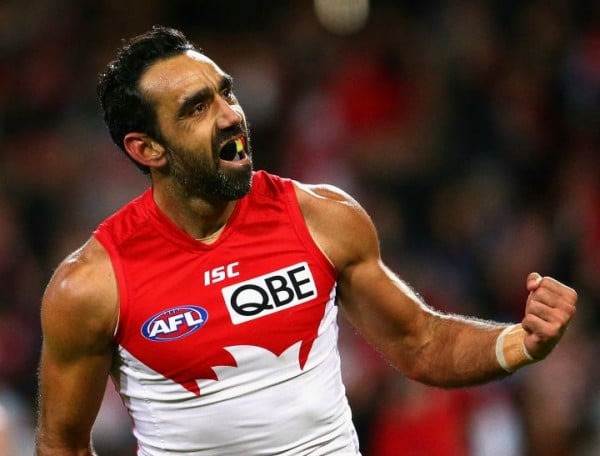
The good news is that booing of Adam Goodes largely disappeared over the weekend. The bad news is that most people still don’t believe the booing was racist in the first place, writes Peter Lewis.
The booing may have quieted but any hope that the Adam Goodes saga has resolved itself as a feel-good story of national reconciliation is wishful thinking.
The good news is that the Geelong public did heed the pleas not to jeer an Indigenous footballer, one who had been named Australian of the Year for his stance on racism.
But as this week’s Essential Report shows, the crowd’s silence does not mean the majority of Australians accept the underlying premise that the people who boo Goodes are being racist.
Q. Do you think the people who booed Adam Goodes were being racist or not being racist?
What to make of these results? The problem with quantitative polls is that the numbers provide as many questions as answers.
What is clear is that the near unanimity of opinion - from the mainstream media, at both ends of the paper, the AFL community and sections of the national leadership - that the booing was racist has not resonated with the public.
What is less clear, despite all the hypotheses put forward by the small coterie of commentators defending the booing of Goodes, is what is actually driving nearly half the population to reject the racism argument.
LIKE Debrief Daily on Facebook.
Is it the "he deserves it" argument, that bounced between accusations of on-field diving to the misrepresentations of his treatment of the teenager who he singled out for abusing him at the MCG two years ago?
Is it the "booing is a fact of footy and he's being too precious" argument - a mutation of free speech principles fuelled by a wilful colour-blindness that erases the experience of the victim?
Or is it just that the "racist" word is a step too far for most Australians? Maybe the booing is race-ish, but not deserving of the full condemnation the word carries.

